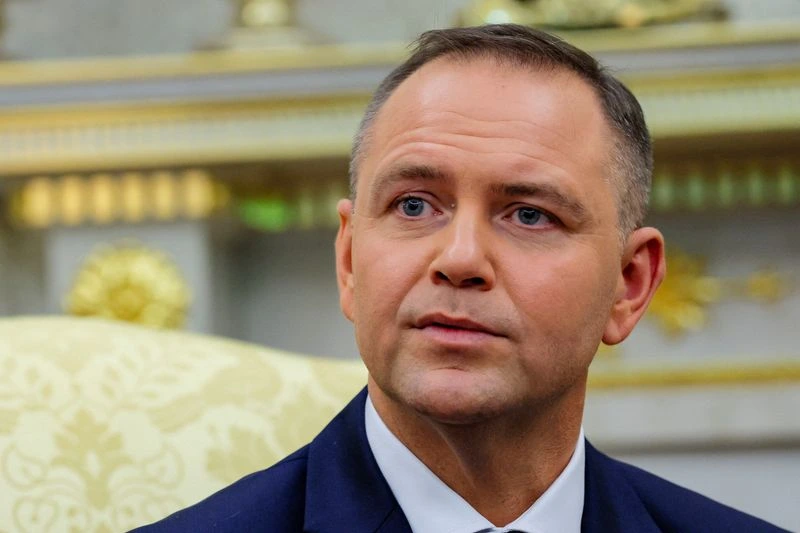Fitch Issues Warning: Poland’s Financial Health Under Scrutiny
In a significant move that has captured the attention of global markets, Fitch Ratings has revised its outlook on Poland’s fiscal outlook from “stable” to “negative.” This decision, announced Friday, serves as a formal warning about the growing risks to the nation’s public finances. While Poland’s core ‘A-‘ credit rating remains unchanged for now, the negative outlook indicates that a downgrade is now a higher possibility if the government doesn’t address its fiscal challenges.
The Main Drivers Behind the Negative Outlook
Fitch’s decision is primarily driven by two key factors:
- Wider Deficits: Poland’s budget deficits are growing faster than anticipated. The government is spending more than it’s taking in, a trend that is not sustainable over the long term.
- Political Gridlock: The ratings agency noted that deep political divides, particularly between the ruling coalition and President Karol Nawrocki, are creating hurdles for fiscal reform. This political friction makes it difficult for the government to implement the tough, but necessary, spending cuts or tax changes needed to get finances back in order.
As a result of these issues, Fitch forecasts that Poland’s government debt could rise to nearly 68% of its GDP by 2027. This increasing debt load makes the country more vulnerable to economic shocks and could lead to higher borrowing costs.
Why the Outlook Matters
A negative outlook from a major credit ratings agency is not just a technical change; it’s a signal to investors worldwide. It suggests a country’s ability to repay its debts is at risk. For Poland, this could translate to:
- Higher Borrowing Costs: The Polish government may have to offer higher interest rates on its bonds to attract investors, making it more expensive to fund public projects.
- Impact on the Złoty: The Polish currency (PLN) could face pressure against major currencies like the Euro and US Dollar.
- Investor Caution: Foreign investors may become more hesitant to invest in Polish assets, from stocks to real estate.
A Glimmer of Hope: A Strong Economic Foundation
Despite the fiscal concerns, Poland’s economy remains a bright spot. Fitch acknowledges the country’s “large, diversified and resilient economy.” The agency projects a robust real GDP growth of 3.2% in both 2025 and 2026, a rate that is expected to outpace many of its European counterparts.
This growth is fueled by strong domestic consumer spending and the continued flow of funds from the European Union, which are being used to drive new investment and development. The key to maintaining this economic momentum, according to Fitch, is for Poland to successfully implement the EU-mandated reforms.
The Path Forward
Poland stands at a crossroads. While its economy is strong and growing, the political will to tackle its mounting fiscal issues will be the determining factor in whether it can reverse this negative trend. Failure to stabilize its debt-to-GDP ratio could lead to a formal downgrade, with potentially serious consequences for the country’s financial future. All eyes will now be on the government’s next moves to restore fiscal discipline and rebuild investor confidence.



